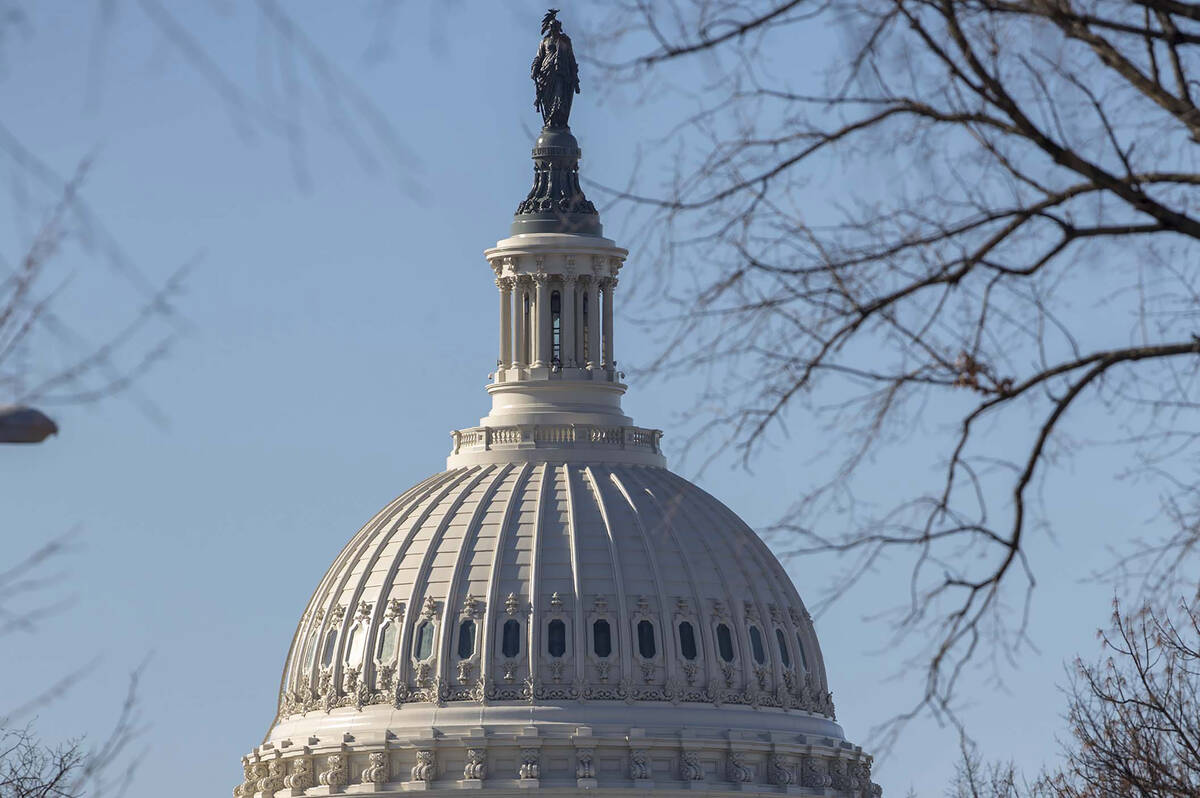EDITORIAL: Stop-gap budget bill includes gifts for members of Congress
Is there a more craven bunch than America’s political class? The panic in Congress over the latest effort to avoid a federal government shutdown suggests not.
On Tuesday, the House released a 1,500-page bill — known as a “continuing resolution” — that would fund Washington for the next few months until elected officials can actually do their jobs and put together various appropriation bills. In keeping with business as usual, the legislation was larded with pork and special-interest handouts.
President-elect Donald Trump on Wednesday lambasted the proposal as full of giveaways to Democrats, potentially dooming the legislation.
One place to take the ax would be a provision buried deep in the proposal to grant up to 3.8 percent cost-of-living pay increases to members of Congress, who currently earn at least $174,000 a year. (Too, the measure included a clause allowing lawmakers — but not congressional staff — to opt out of the Obamacare health insurance marketplace and instead get coverage with the more reliable Federal Employees Health Benefits Program. Nice.)
Some background: In 1989, members of Congress approved legislation creating automatic annual pay raises for themselves. This gimmick was intended to allow lawmakers to collect pay hikes without having to cast politically sensitive votes on their salaries. Three years later, the 27th Amendment was ratified, holding that “no law, varying the compensation for the services of the senators and representatives, shall take effect, until an election of representatives shall have intervened.” It’s purpose is to ensure that members of Congress who vote themselves pay raises then pass muster with the voters before cashing in on the higher compensation.
Federal courts eventually ruled that the 27th Amendment did not preclude Congress from getting around the measure by putting raises on automatic pilot.
Since 2009, however, spending bills have included a provision blocking the annual raises. That language is absent from the House bill released this week — and some members are petrified.
“Members in competitive districts have long feared political blowback for voting to give themselves a raise,” Politico noted, adding that “some lawmakers are now threatening to vote against” the resolution “unless language to block a pay raise is restored.”
Any reworked version of the continuing legislation should drop the self-serving pay increase. Instead of hiding behind automatic raises or wrapping pay hikes into the fine print of a 15-pound funding bill, members of the House and Senate who support boosting their own pay should propose stand-alone legislation, argue for its passage and face the consequences.






















